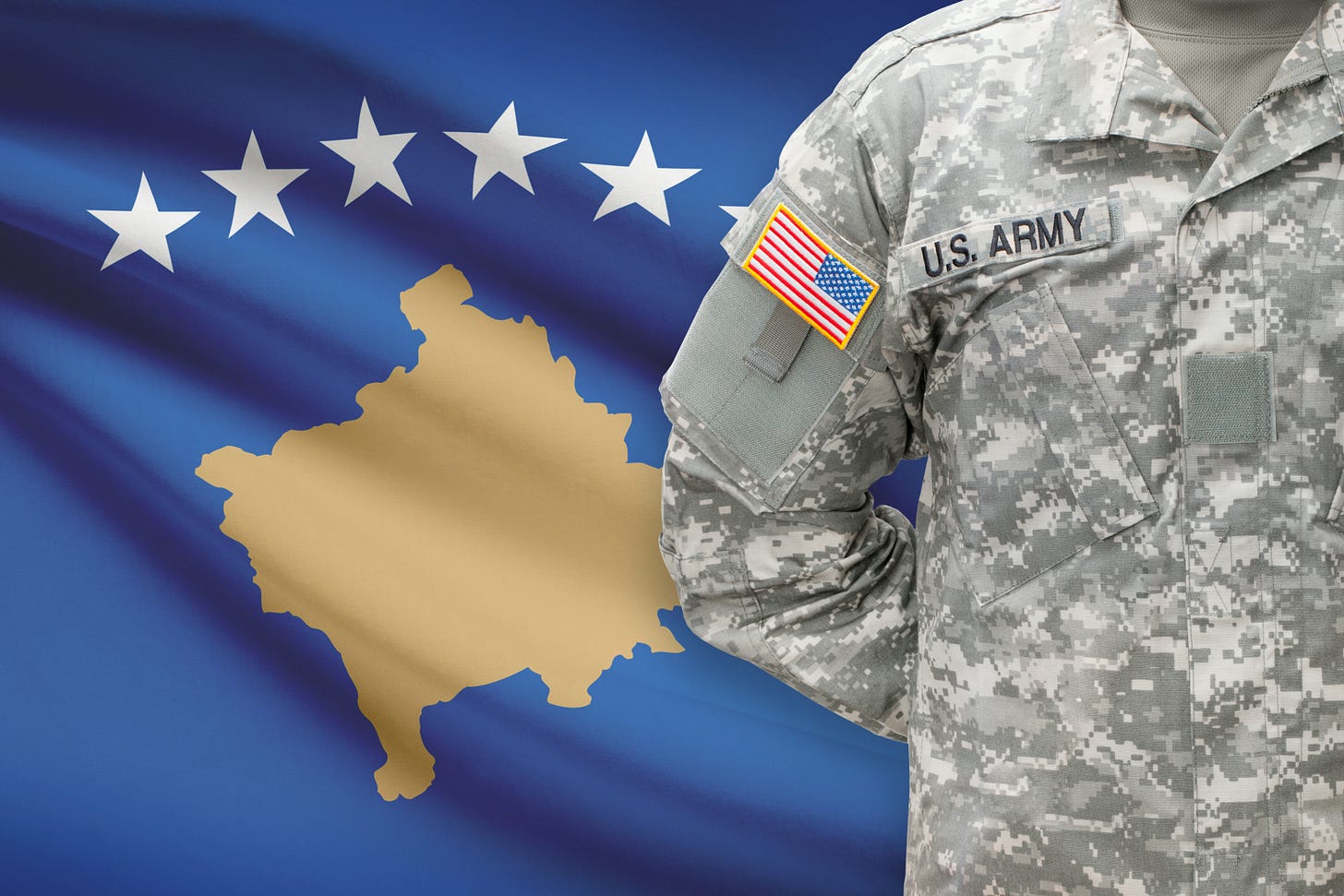The United States indefinitely suspended its planned Strategic Dialogue with Kosovo on Friday, citing concerns that actions by Prime Minister Albin Kurti's caretaker government have heightened tensions and instability in the region, limiting Washington's ability to work productively with Pristina on shared priorities.
The dramatic decision represents a significant deterioration in bilateral relations between the United States and one of its closest Balkan allies. According to the U.S. Embassy statement in Pristina, "recent actions and statements by Caretaker Prime Minister Albin Kurti have posed challenges to progress made over many years" and undermined the environment necessary for constructive partnership.
Seven-Month Political Deadlock Triggers Crisis
The suspension comes as Kosovo remains paralyzed by a seven-month political deadlock following February elections, with the parliament unable to function correctly due to disputes over minority representation. Kurti's ruling Vetëvendosje party has refused to accept a deputy speaker from the Srpska Lista party, which won nine of the ten seats allocated to the Serb minority.
Under Kosovo's constitution, the parliament requires two deputy speakers representing minority communities, including one from the Serb community. However, Kurti's government has rejected candidates from Srpska Lista, citing the party's close ties to Serbian President Aleksandar Vučić and allegations that it operates parallel governance structures in northern Kosovo.
"Recent actions and statements by Caretaker Prime Minister Albin Kurti have posed challenges to progress made over many years."
The U.S. Embassy emphasized that such developments have undermined the environment necessary for a constructive partnership.
Strategic Partnership in Jeopardy
The suspended Strategic Dialogue was designed as a comprehensive platform to expand bilateral economic cooperation, enhance diplomatic engagement, and align long-term policy between Washington and Pristina. According to the embassy, the initiative was intended to serve as a symbol of Washington's support for Kosovo's Euro-Atlantic integration path and inclusion in broader international frameworks.
The United States maintains its most extensive military base in the Balkans at Camp Bondsteel in Kosovo. It has been the country's primary political and financial supporter since it declared independence in 2008. Strategic dialogues represent high-level diplomatic processes that the State Department develops with key partners worldwide, covering defense, security, environment, energy, and economic cooperation.
The embassy emphasized that, although dialogue is suspended, "the United States remains committed to advancing shared interests with the people of Kosovo" and hopes to resume these efforts when conditions permit.
European Sanctions Add Pressure
The U.S. decision compounds the existing diplomatic isolation facing Kosovo. The European Union imposed sanctions in June 2023 following tensions in the Serb-majority northern region, halting high-level visits and suspending significant portions of economic aid. The EU has demanded that Kosovo establish an association of Serb municipalities to provide greater autonomy, but Kurti has rejected this proposal, fearing potential secession.
Violence erupted in northern Kosovo in May 2023 when ethnic Albanian mayors took office following elections boycotted by Serbs, resulting in injuries to 30 NATO peacekeeping soldiers and 52 Serbs during clashes. Despite calls from European Parliament Rapporteur Riho Terras to lift sanctions, describing them as "no longer justified," the EU maintains its restrictive measures.
Opposition Demands Government Change
The suspension has intensified domestic pressure on Kurti's government. Lumir Abdixhiku, leader of the opposition Democratic League of Kosovo (LDK), described the development as "the lowest point in Kosovo's relations with our strategic and existential ally as an independent and sovereign state".
"The destroyers of the state, the historical blockers, the violators of the Constitution, laws and human moral norms, have chosen to build their journey on the permanent crisis."
Abdixhiku called for unified action to "put an end to this political madness and to build the state that we have always deserved—before it is too late for everyone".
Kosovo Government Responds
Kosovo's government acknowledged the suspension while reaffirming its commitment to peace and stability. "We also value constructive criticism. When it is specific, we strive to improve and rectify our actions," the government stated in response to U.S. concerns.
The Constitutional Court has suspended all government formation steps until late September while reviewing Srpska Lista's complaint over parliamentary procedures. This legal challenge further complicates efforts to resolve the political crisis that has left Kosovo without a functioning parliament since the February elections.
The diplomatic crisis threatens to derail Kosovo's European integration aspirations. It could impact regional stability at a time when the Trump administration seeks to revitalize Balkan diplomacy following the success of the 2020 Washington Agreement between Kosovo and Serbia. The suspension underscores the fragility of democratic institutions in post-conflict societies and the continuing challenges of ethnic integration in the Western Balkans.



